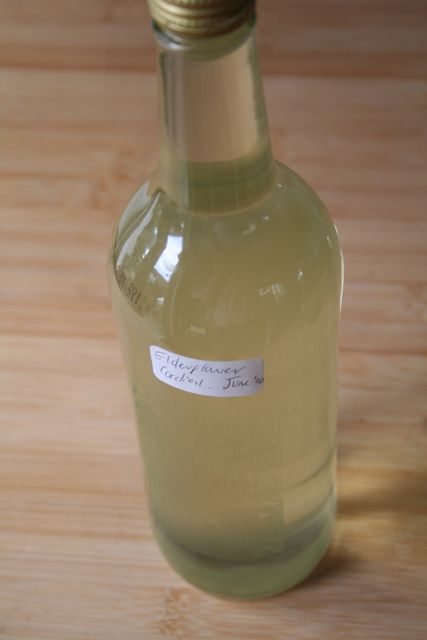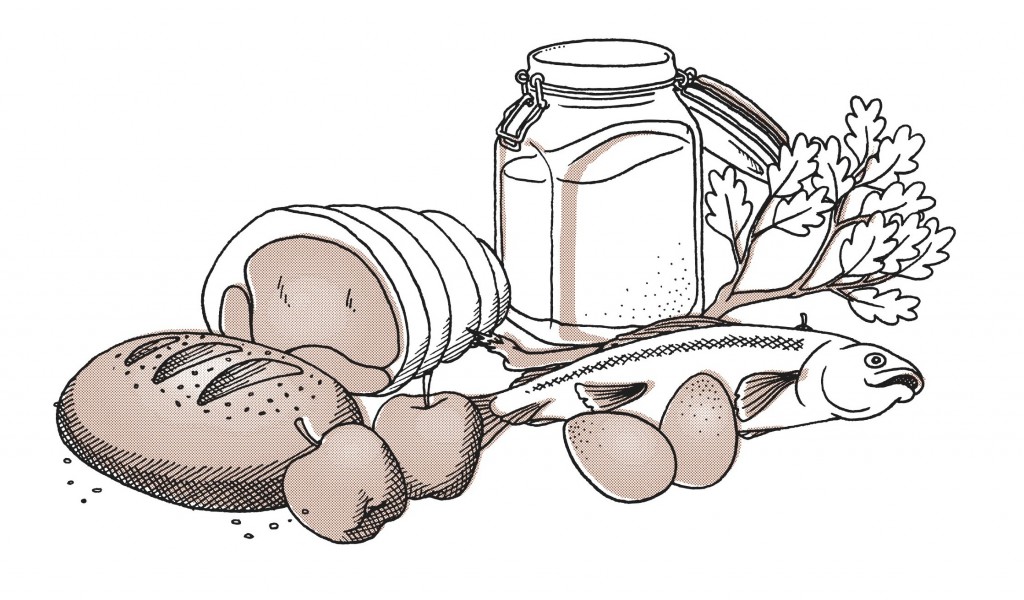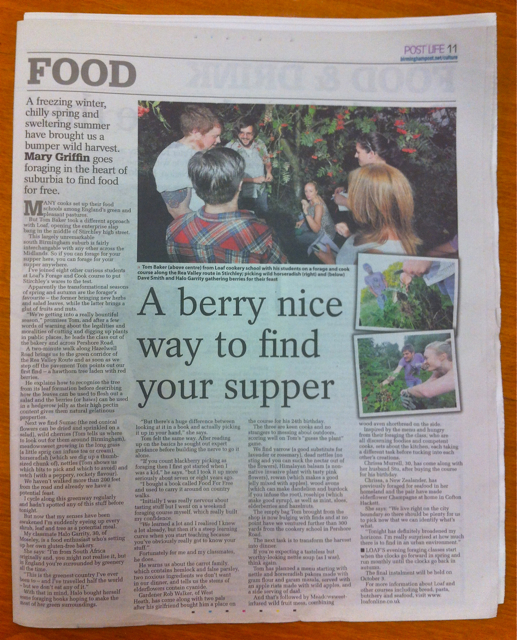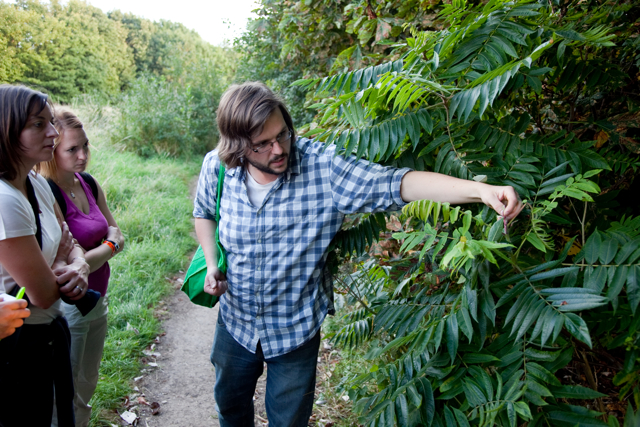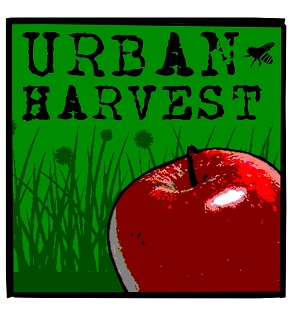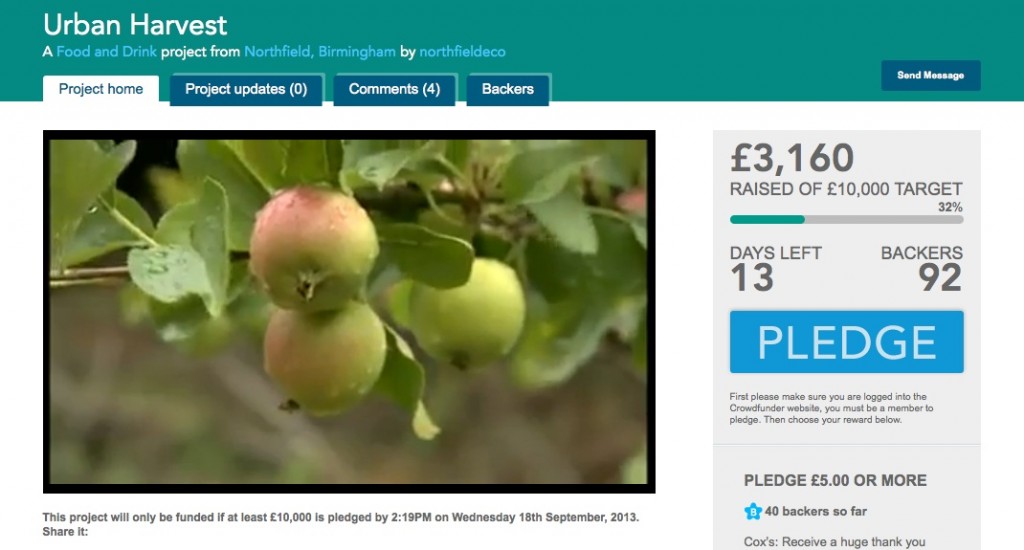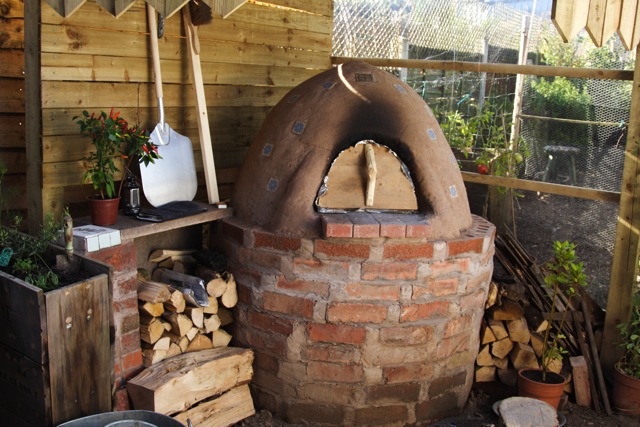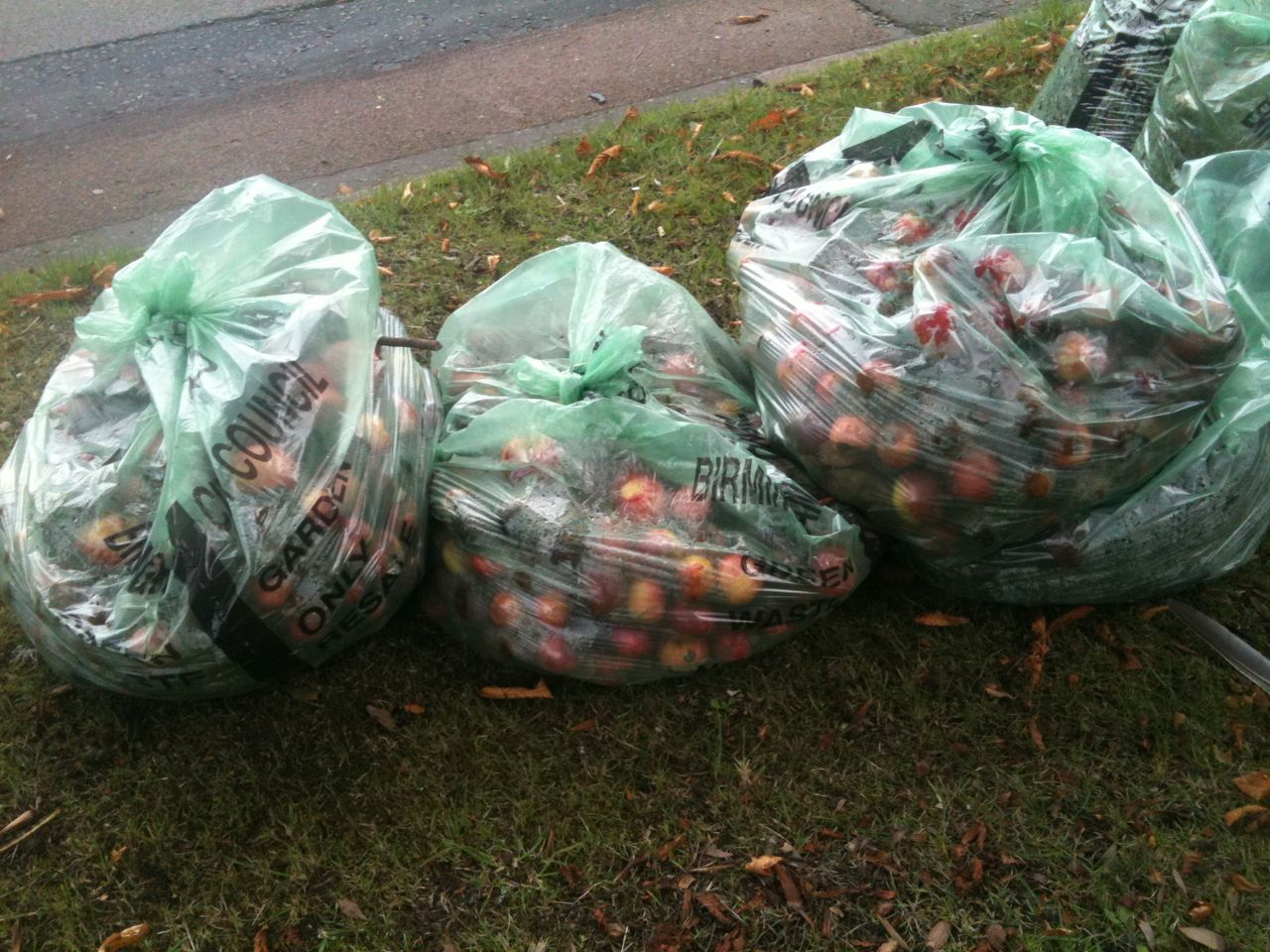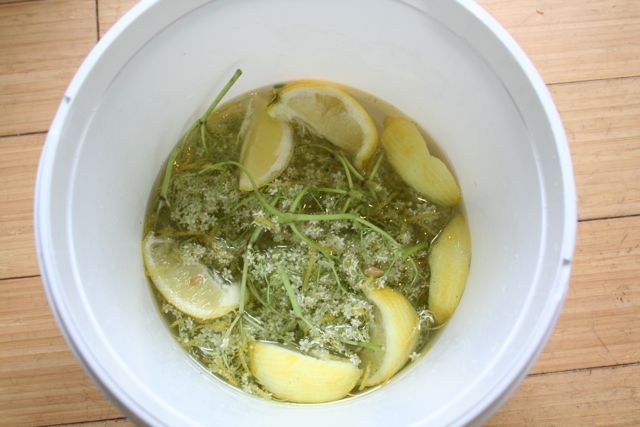
Well we’re only just over a week into the elderflower season here in the midlands and I have already made two batches of elderflower cordial. We drink it like water here at Loaf HQ, so I’m hoping to make up for the disappointment of last season when I’d bought all the required ingredients, only to go out for a walk after a blisteringly hot weekend in July, and find all the flowers had turned over the weekend and begun their berry-growing stage.
For the first two batches, I’ve used Richard Maybe’s recipe from the classic wild food book Food for Free. I’ve expanded on the recipe a little and altered the quantities so it makes around 2 litres. I doubled this recipe with some school children this week and it made just under 4 litres.
Ingredients (for 2 litres of cordial):
1.15 litres of water
1.5kg granulated sugar
2 unwaxed organic lemons
15-20 elderflower heads (picked on a sunny day)
35g citric acid
Method:
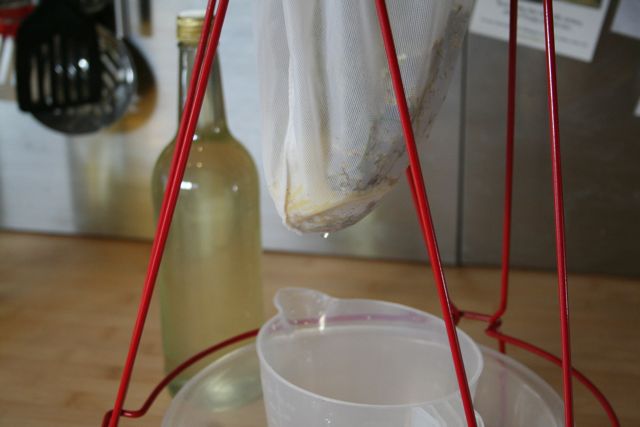
Boil the water in a pan, remove from the heat, and then stir in the sugar until dissolved. Set aside to cool to blood temperature. Meanwhile pick any bugs from the eldeflower heads and discard any that are badly infested. place them into a deep bowl, bucket or pan. Zest the lemons and add to the elderflowers, along with the remaining lemons, sliced, and the citric acid. Pour the sugar syrup over the elderflowers, lemon and citric acid, cover it, and leave to steep for 24 hours, stirring occasionally.
After 24 hours steeping, strain the liquid through a jelly bag or muslin cloth into a large clean bowl, and from here, through a funnel into sterlised bottles.
Some thoughts
Allowing the syrup to cool to blood temperature before adding it to the elderflowers should lead to a more delicate flavour and colour than adding it when it’s just boiled. However the low temperature won’t kill the natural yeasts on the eldeflowers, so the keeping quality is lessened – the yeast may start fermenting the liquid leading to an alcoholic and fizzy liquor, and possibly exploding bottles! So if you want to store it for more than a month or two, add the liquid when it’s just boiled, or freeze the above recipe when it’s in bottles (leaving an air gap for expansion when freezing).
Next weekend – elderflower champagne!
